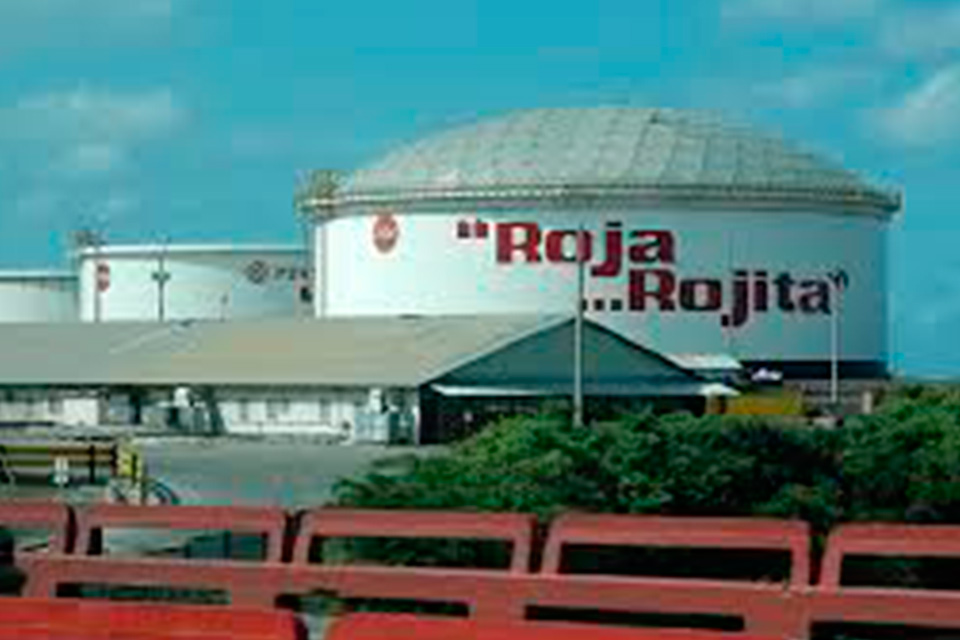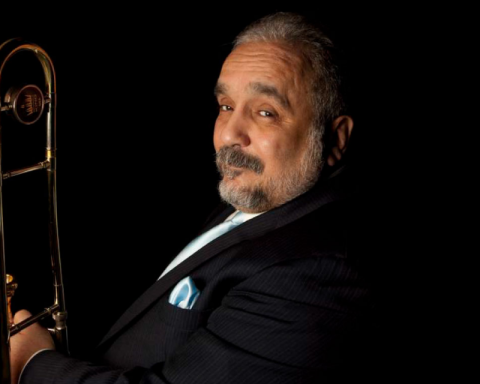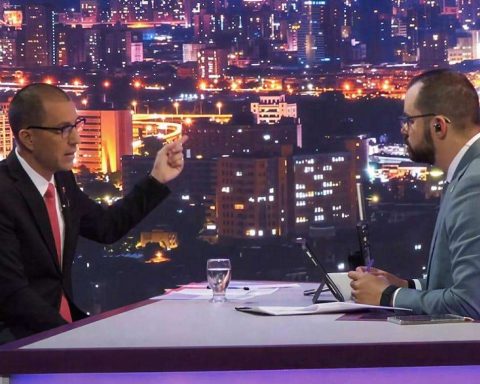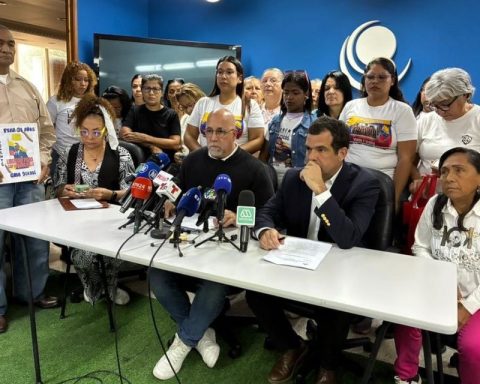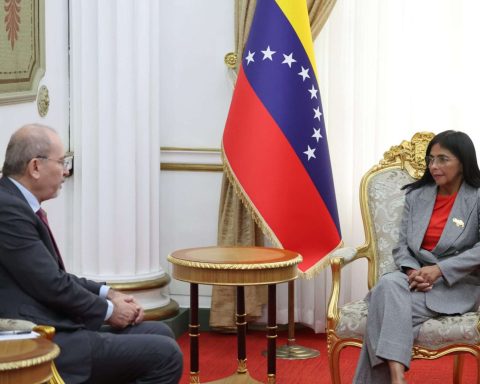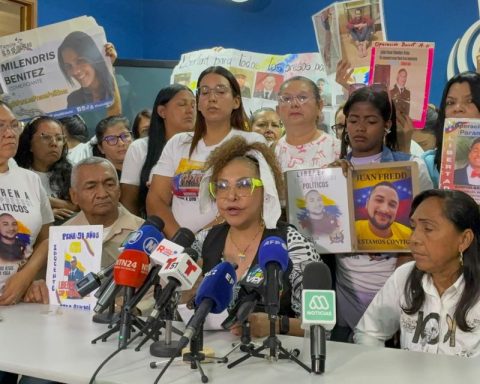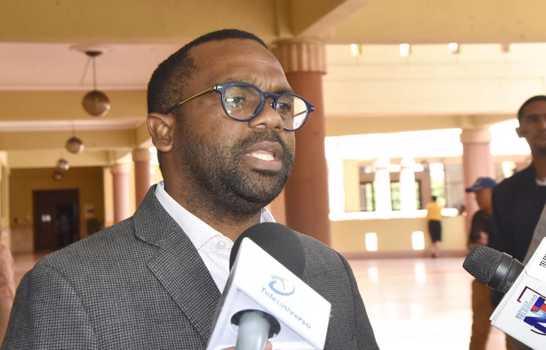The Anti-Corruption Police alleges that its request is due to the “result of an in-depth investigation, carried out for months, that points to citizens who exercised functions in the Judiciary, in the oil industry and in some municipal mayors of the country.”
The National Anti-Corruption Police of Venezuela requested this Friday, March 17, the Public Ministry to prosecute a group of citizens who “exercised functions” in public power, and who “could be involved in serious acts of administrative corruption and embezzlement.”
In a statement released on Minister of Communication, Freddy Ñáñezthe police force explained that “it has initiated -before the Prosecutor’s Office- a request for judicial prosecution of a series of individuals who, violating the sacred oath of honesty, morality and ethics that they took to assume the assigned responsibilities, could be involved in serious acts administrative corruption and embezzlement.
The letter does not specify the number of officials identified by this body, and who request to be prosecuted by the Venezuelan justice system.
According to the Police, this responds to the “result of an in-depth investigation, carried out for months, that points to citizens who exercised functions in the Judiciary, in the oil industry and in some municipal mayors of the country.”
“We have the express instruction that this investigation be carried out to the last consequences, and we will not stop at the sacred duty of facing the scourge of corruption and punishing in an exemplary manner those who commit these criminal acts, whoever they are and whoever falls. ».
#Urgent? Through the following statement, the National Anti-Corruption Police informs that the prosecution of individuals linked to the judiciary, the oil industry and municipal mayors was requested before the MP. Read here ⬇️⬇️#BastaDeImposiciónImperial pic.twitter.com/qidOEORE7T
— Alfred Nazareth (@luchaalmada) March 17, 2023
The National Anti-Corruption Police was created in 2014 by Nicolás Maduro, within the framework of an extraordinary power granted by the National Assembly to the head of state.
On that occasion, the president assured that this body would be in charge of “secret anti-corruption operations” and would participate in the promotion of values and principles of transparency in the educational, cultural and institutional spheres.
With information from swissinfo
Post Views: 183
